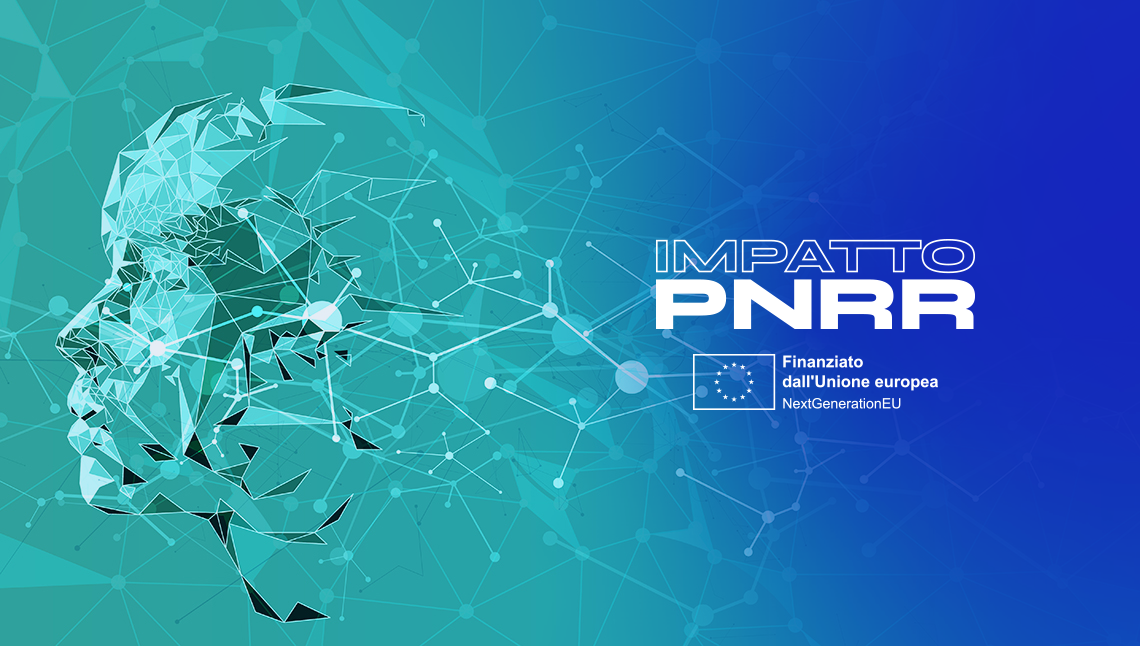
PNRR: new courses presented under the NODES project
The “NODES-Digital and Sustainable North West” project - selected by the Ministry of University as part of the investments envisaged by the National Recovery and Resilience Plan (PNRR) - is one of the 11 Innovation Ecosystems that the Ministry has identified in Italy in order to support innovation and sustainable growth in the reference territories in what is identified as the double - digital and ecological - transition. Within this path, the Politecnico di Torino through its Masters School has developed a permanent training offer aimed at understanding the new technological trajectories and their fields of application within the domains envisaged by the Nodes programme. These domains include sustainable mobility, the space economy, the environmental sustainability of the manufacturing industry, tourism and the cultural heritage industry, the management of territories and mountain economies, the health industry and the emerging silver economy, and finally the agro-industry.
The eight courses proposed by the Politecnico di Torino will start in Autumn. They all have a short duration (between 16 and 50 hours), reduced enrolment costs (thanks to the resources allocated by the PNRR), and a strong application and practical component based on laboratories, visits to research centres and enterprises of emerging importance in the new field sectors.
“The courses are designed for technical managers (also from PA), managers and entrepreneurs who, in the industrial sectors of our territories, have approached or are approaching the ongoing technological transitions and need to understand and deal with various technical challenges, as well as the construction of collaboration opportunities necessary to implement the various radical innovations”. “For this reason, together with several lecturers at the university, we designed short courses designed for those who are already working, and who have already dealt in different ways with the technologies behind the green and digital transitions. Some of these companies or research centres will be at our side in the classrooms in transferring training use cases, and this highlights our intention to characterise the content of this PNRR training with the results of the research programmes in which the university is engaged”, says Professor Paolo Neirotti, Director of the Masters Programmes and Lifelong Learning School.
“Thanks to our Masters and Continuing Education School, we are creating a completely new training offer, which, thanks to the PNRR funds, will have sustainable costs for companies, as well as representing a unique opportunity for the up-skilling and re-skilling of their technical staff", adds the Rector Guido Saracco, “a fundamental building block for the growth and consolidation of the production sectors we have identified as strategic”.
Some courses are oriented towards understanding how development in the areas of micro satellites and telecommunications are leading to a new chain of data-related services linked to the so-called space economy, a course coordinated by Professor Sabrina Corpino. The use of satellite technologies for Earth observation is also at the centre of the course coordinated by Professor Piero Boccardo, which takes up processes and methodologies developed by the Politecnico within the European Copernicus programme directed towards the creation of cartography and datasets useful for the management of emergencies deriving from natural disasters and systemic events.
Similarly, the topic of green mobility concerns the automotive and other vehicle sectors (trains, planes, nautical sector), which are the subject of two courses related to the design, use and certification of electric batteries (based on the use of lithium and other innovative materials and coordinated by Professor Paolo Guglielmi) and the use of green hydrogen (the course “Hydrogen for Mobility” coordinated by Professor Andrea Carpignano). These two technologies are also the focus of classroom activities on processes and certifications that ensure safety and environmental sustainability.
Finally, closing the catalogue are three courses on emerging environmental sustainability processes and supply chains (from CO2 capture to bio-refineries), as well as on tools for the design, evaluation and institutional communication of investments in industrial sustainability and are designed to raise the awareness of technicians and new engineers towards aspects relating to the circular economy - coordinated respectively by professors Debora Fino, Tonia Tommasi, and Samir Bensaid.
The theme of sustainability is also developed in relation to the observation and protection of the territory, addressed in the course on innovative and digital tools and methods for monitoring Alpine slopes with the course coordinated by Professor Paolo Dabove.